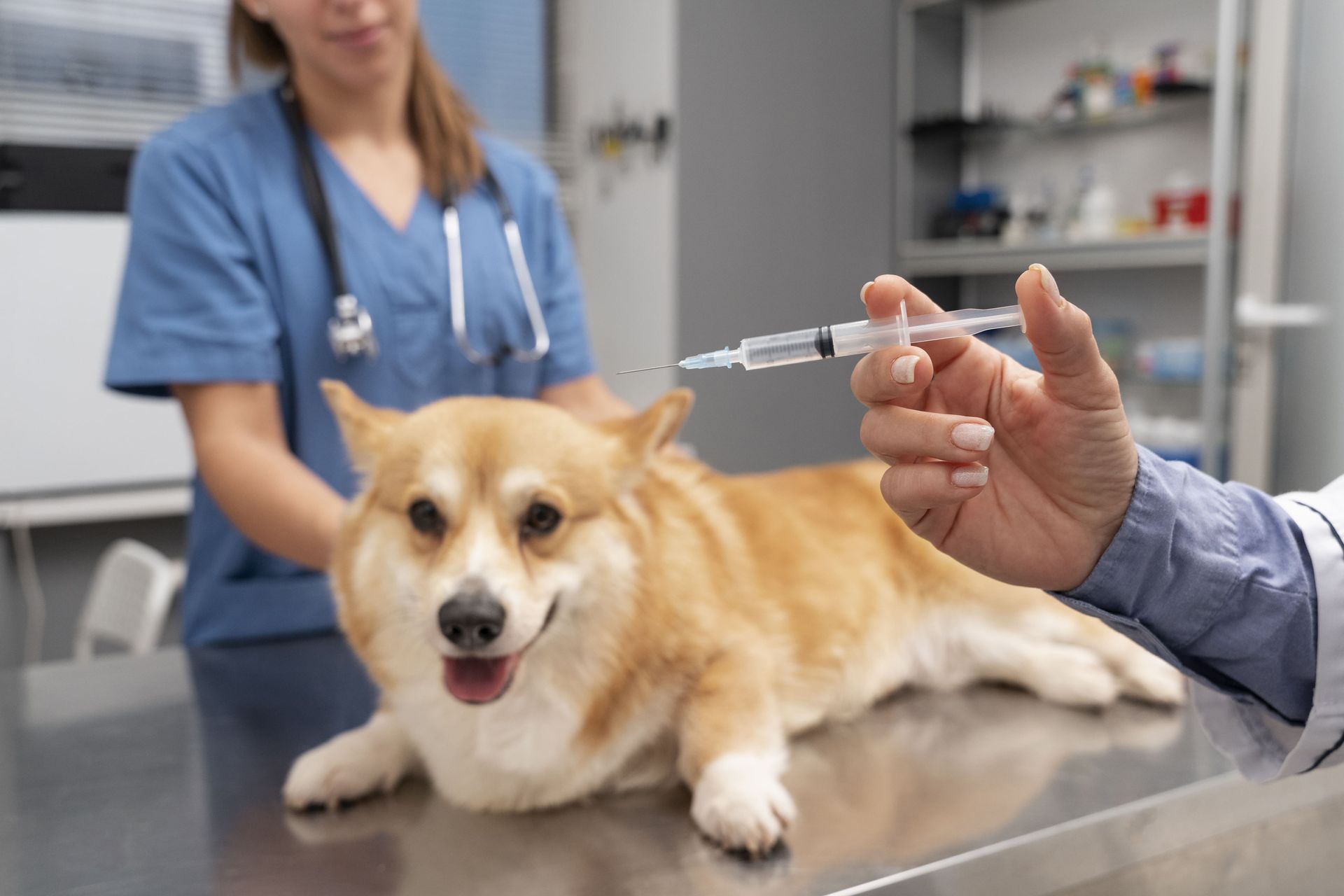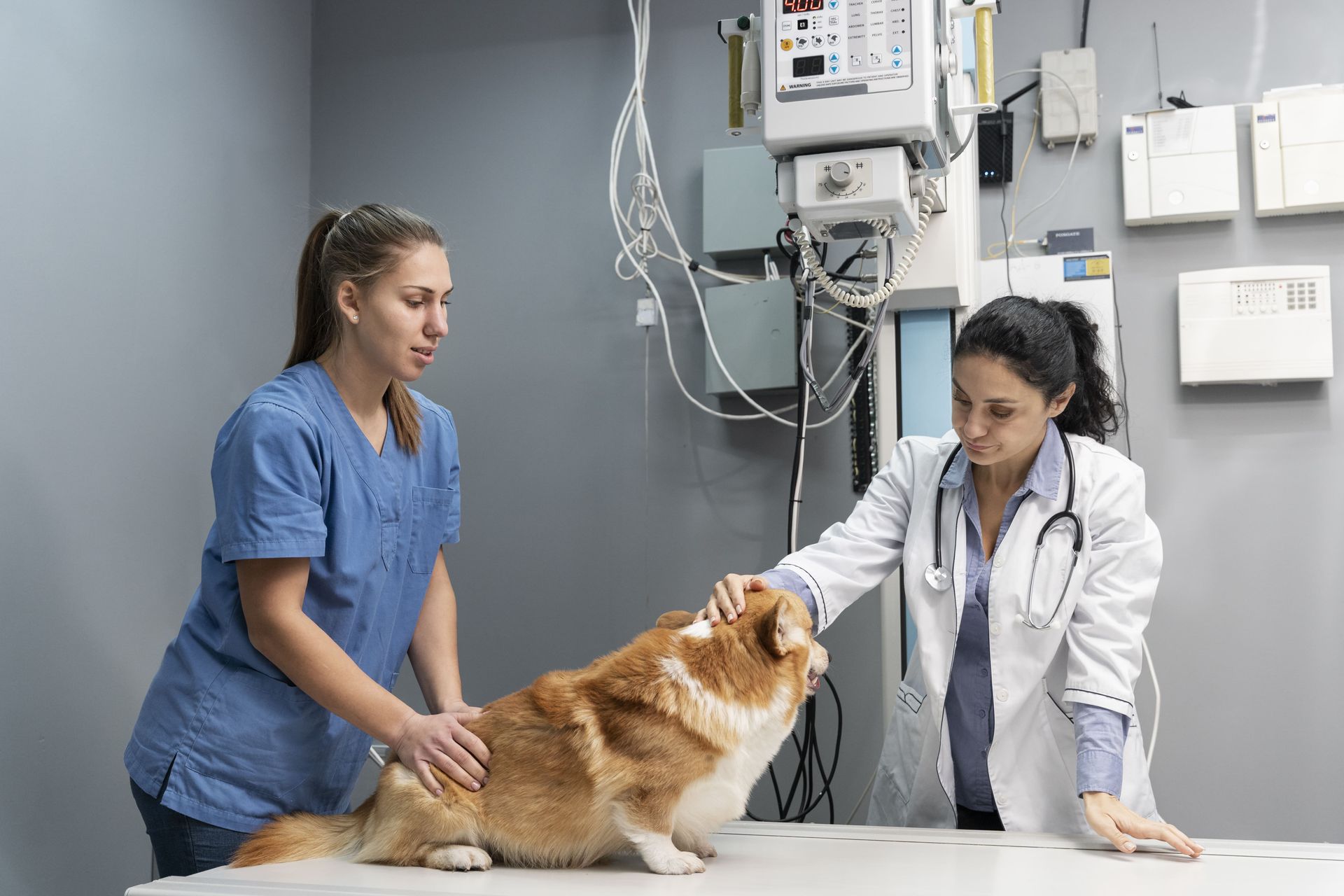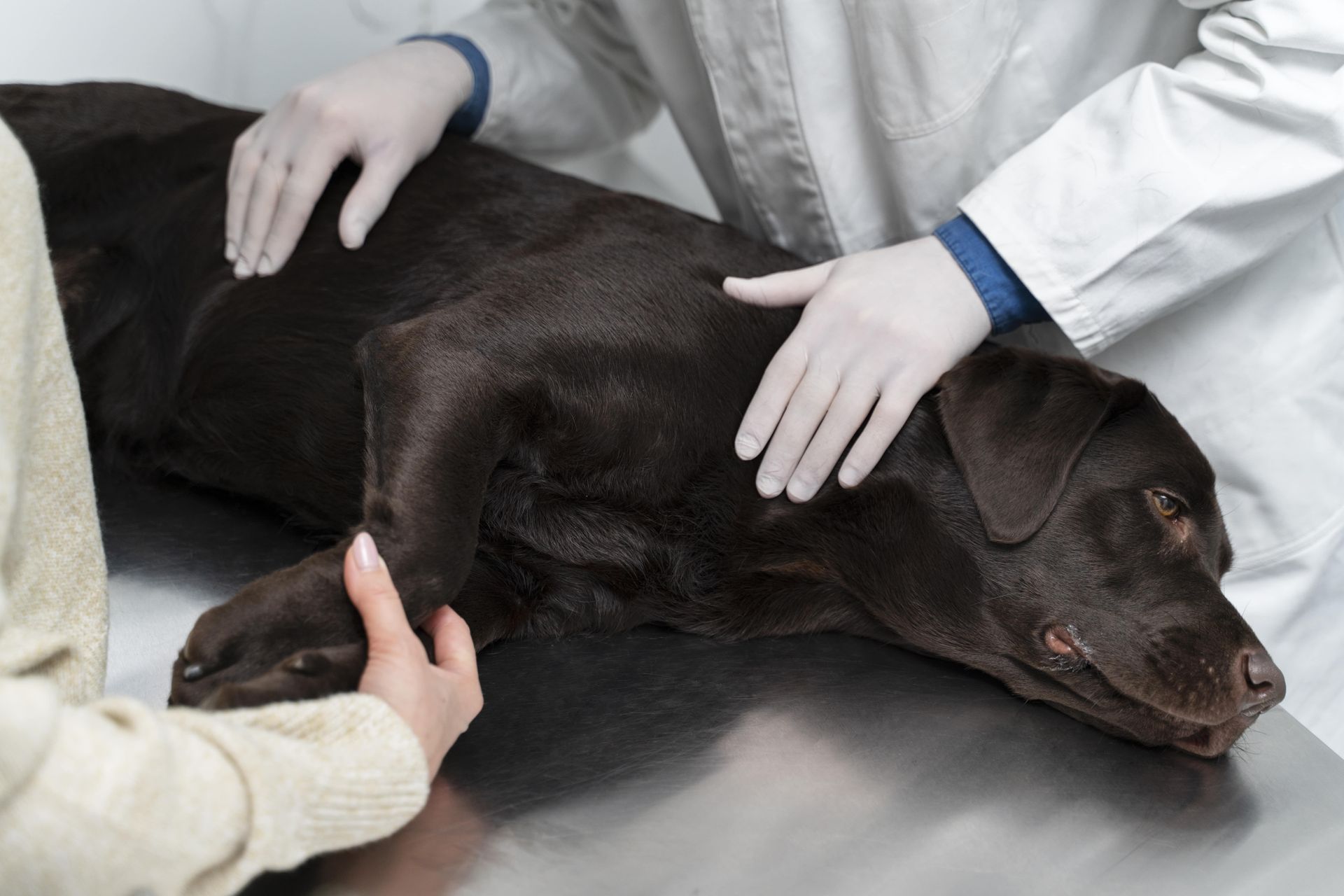Veterinary Specialist Career Path: Steps, Skills & Certifications Explained
- Completing an undergraduate degree in a science-related field
- Attending veterinary school for 4 years
- Studying subjects such as anatomy, physiology, pathology, pharmacology, and clinical care
- Intensive clinical training under board-certified specialists
- Participation in teaching and academic rounds
- Performing advanced procedures and diagnostics
- Involvement in veterinary research and publications
- Passing rigorous specialty board exams (written, oral, and practical components)
- Meeting case log, publication, and credential requirements
- Gaining approval from a specialty college (e.g., American College of Veterinary Internal Medicine)
- Attending veterinary conferences and workshops
- Participating in online continuing education (CE) programs
- Keeping up with the latest research and treatment protocols
- Sharing expertise through teaching or publishing
- Veterinary Surgery (orthopedic, soft tissue, neurosurgery)
- Internal Medicine (cardiology, oncology, neurology)
- Anesthesiology (pain and sedation management)
- Dermatology (skin and allergy disorders)
- Ophthalmology (eye diseases and surgery)
- Emergency and Critical Care
- Pathology and Diagnostic Imaging
- Compassion – for animals and their human companions
- Patience – when handling emotional, high-stakes cases
- Critical Thinking – to solve complex clinical puzzles
- Strong Communication – especially when explaining diagnoses to clients
- Lifelong Curiosity – a desire to keep learning and improving
| Feature | General Veterinarian | Veterinary Specialist |
|---|---|---|
| Education | DVM | DVM + Residency + Board Certification |
| Focus | Broad animal care | Advanced diagnostics & treatment |
| Training Time | ~8 years | ~10–12+ years |
| Workplace | Local clinics, shelters | Specialty hospitals, universities, and research |
| Salary Potential | Moderate | High |
| Referral Requirement | No | Usually referred to by a general practitioner |
Career Opportunities for Veterinary Specialists
After board certification, professionals can work in a variety of roles:
- Specialty Animal Hospitals – Performing advanced surgeries or diagnostics
- University Teaching Hospitals – Training the next generation of vets
- Biomedical Research – Studying new treatments and drugs
- Government and Public Health – Monitoring disease outbreaks in animals
- Pharmaceutical or Tech Industry – Consulting on animal health innovations
A veterinary specialist can build a career tailored to their interests—clinical, academic, or even entrepreneurial.
Challenges Faced by Veterinary Specialists
While it’s rewarding, this career path isn’t without its challenges:
- Emotional Fatigue – Working with seriously ill animals can be mentally taxing
- Demanding Hours – Especially in emergency or surgical specialties
- Student Debt – The additional years of training often come at a financial cost
- Limited Residencies – Highly competitive entry into residency programs
Still, for many, the rewards far outweigh the sacrifices.
Conclusion: Why the Veterinary Specialist Matters
In conclusion, becoming a veterinary specialist requires years of commitment, perseverance, and passion. Their journey includes veterinary school, rigorous residency programs, board certification, and continuous learning. These professionals play a vital role in advancing animal healthcare, solving the toughest cases, and pushing the boundaries of what’s possible in modern veterinary medicine.
Whether you're dreaming of becoming one or simply admiring from the sidelines, understanding the path of a veterinary specialist gives us greater appreciation for the dedication behind every wagging tail, healed wound, or saved life.
FAQs
Q-1. How long does it take to become a veterinary specialist?
Ans: It typically takes 8–12 years: 4 years of undergrad, 4 years of vet school, and 2–4 years of residency.
Q-2. What types of specialties can a veterinarian pursue?
Ans: Common specialties include surgery, cardiology, dermatology, anesthesiology, oncology, and internal medicine.
Q-3. Are residency programs hard to get into?
Ans: Yes. They are highly competitive. Candidates need strong academic records, research experience, and professional references.
Q-4. Do veterinary specialists earn more than general veterinarians?
Ans: Yes. Specialists typically earn significantly more due to their advanced skills and focused expertise.









